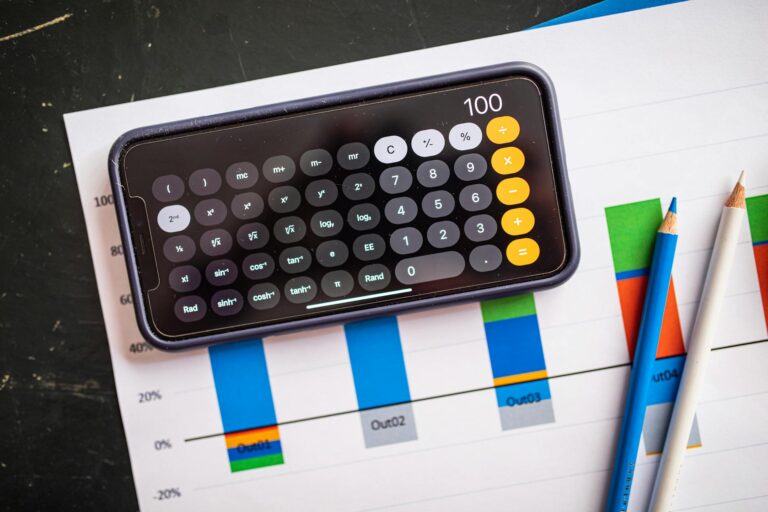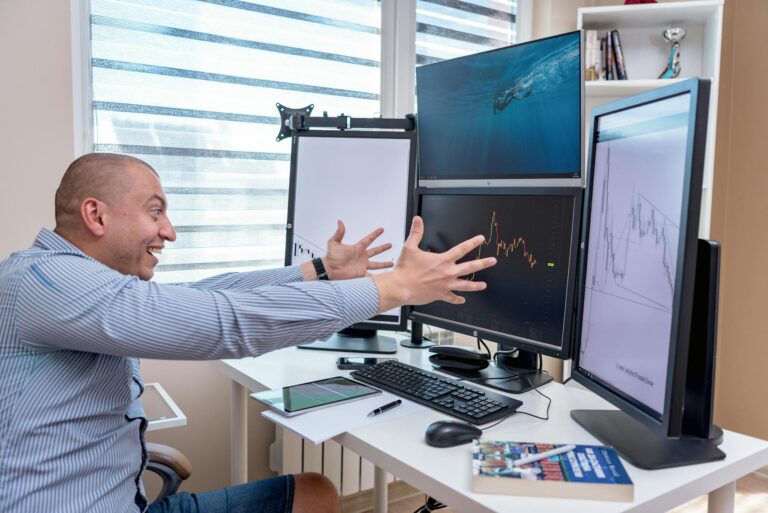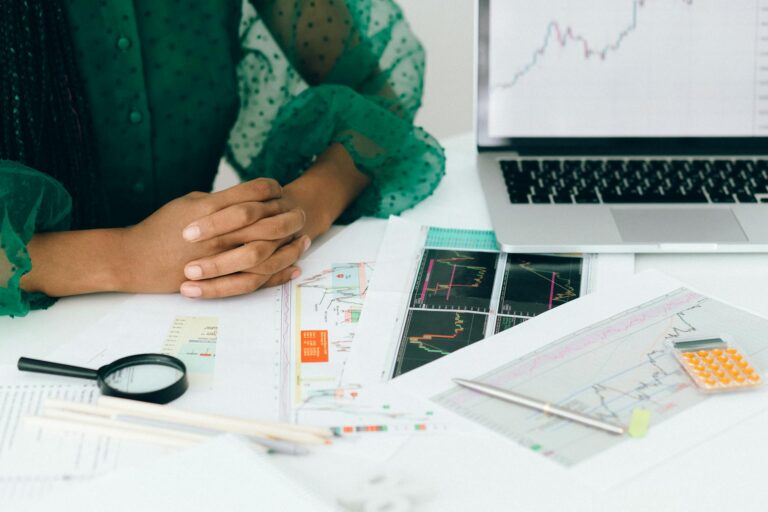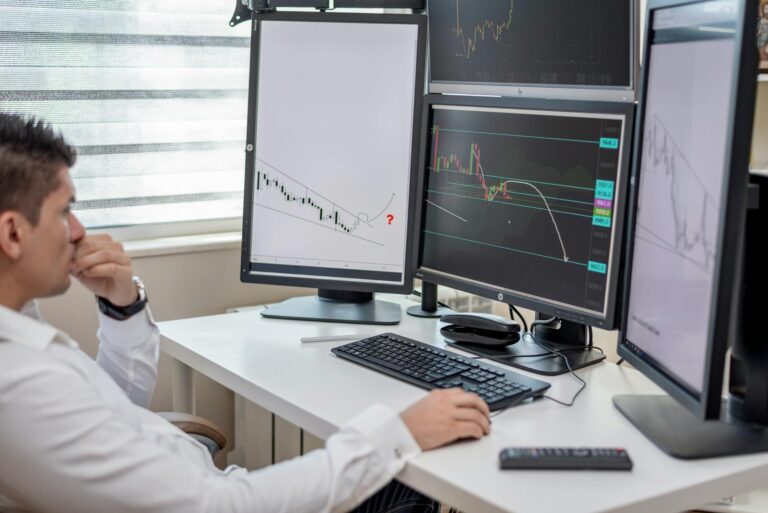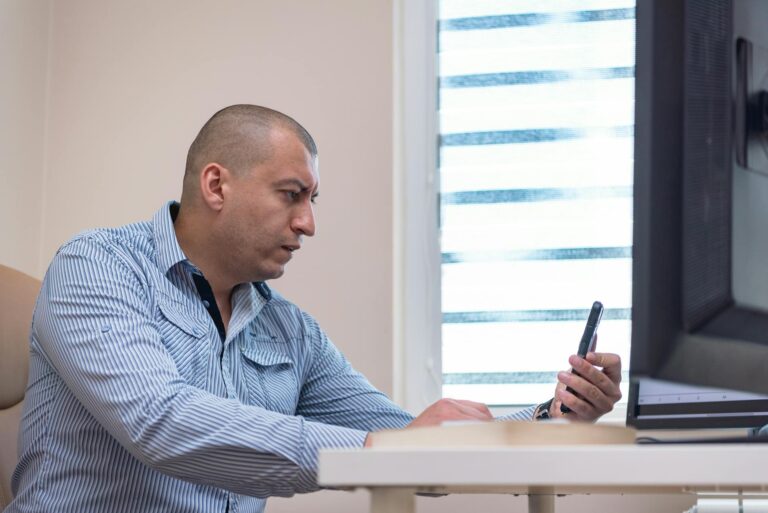The Psychology of Forex Trading: Mastering Your Mind for Market Success
Introduction
Success in Forex trading isn’t just about analysing charts or understanding economic indicators; it hinges significantly on the trader’s psychology. Many traders fail not because of faulty strategies, but due to emotional decision-making and cognitive biases. This article delves into the critical role of psychology in Forex trading and offers practical tips to cultivate a mindset geared towards consistent profitability.
The Role of Psychology in Forex Trading
Forex markets are volatile and fast-paced, often triggering emotional responses such as fear, greed, and overconfidence. These emotions can cloud judgment and lead to impulsive trades. Understanding and managing these psychological factors is crucial to maintaining discipline and sticking to a well-planned strategy.
Common Psychological Challenges
- Fear: Fear of losing capital can cause premature exits or avoidance of trades.
- Greed: Chasing unrealistic profits may lead to overtrading and increased risk exposure.
- Overconfidence: After a winning streak, traders might take excessive risks, ignoring their trading plan.
- Confirmation Bias: Seeking information that supports pre-existing beliefs can lead to ignoring warning signals.
Techniques to Master Trading Psychology
- Develop a Trading Plan: Define entry and exit rules to reduce emotional decision-making.
- Use Risk Management: Limit losses with stop-loss orders and only risk a small percentage of your capital per trade.
- Keep a Trading Journal: Document your trades and emotions to identify recurring psychological patterns.
- Practice Mindfulness and Stress Management: Meditation and breathing exercises can improve focus and emotional control.
- Accept Losses as Part of Trading: Embrace losses to avoid emotional reactions that lead to revenge trading.
Conclusion
Mastering the psychology of Forex trading is as vital as honing technical skills. By recognising emotional pitfalls and implementing disciplined strategies, traders can improve decision-making and enhance their chances of long-term success. Ultimately, trading is not just about the market, but about self-mastery in the face of uncertainty.

